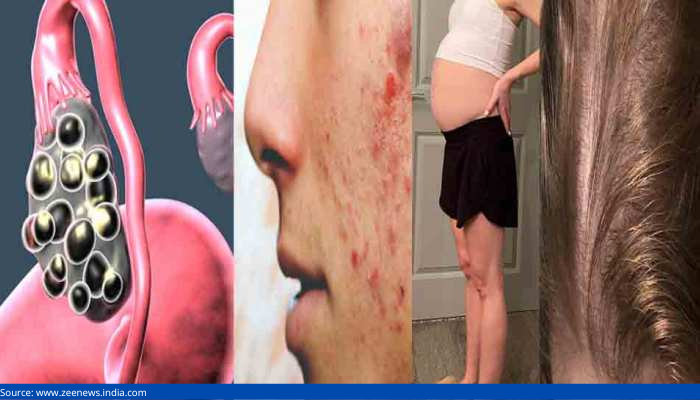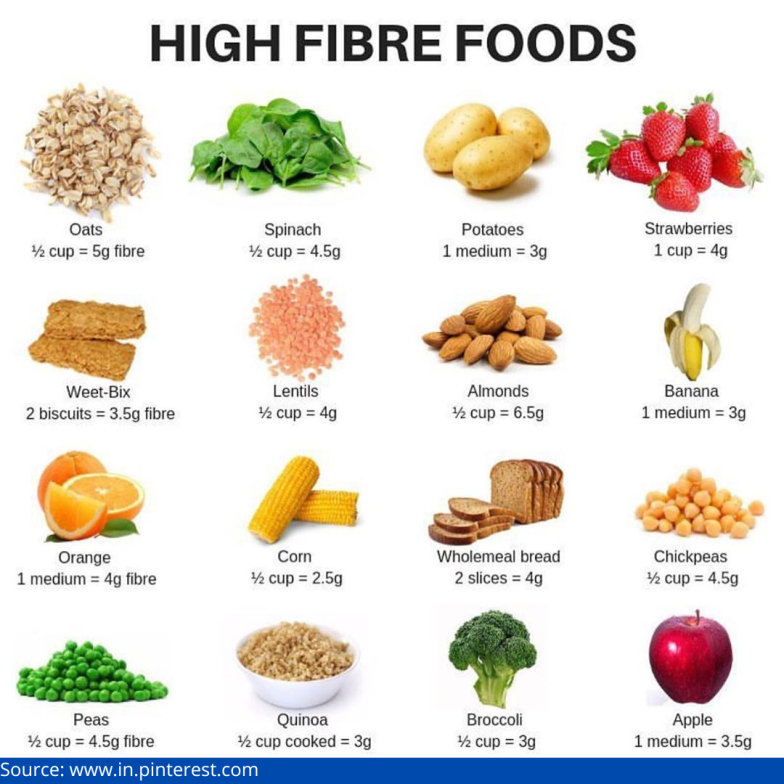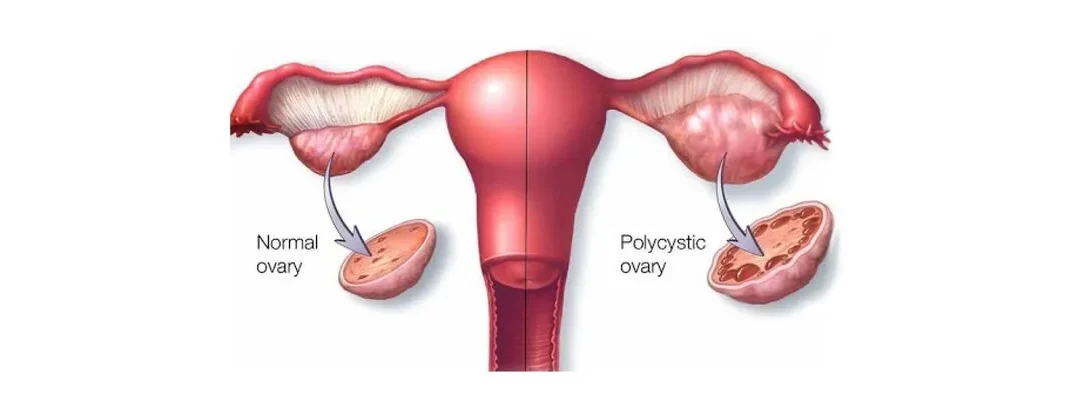PCOD or PCOS affects about 3 out of every 5 women on an average. These female health disorders have been on the rise for the past 2 decades, owing to a variety of reasons such as a sedentary lifestyle, poor food habits, and so on.
Dr. Shweta Shah, among the best female gynecologists in Malad, Mumbai, says that PCOD and PCOS have a significant impact on a woman’s reproductive health, and inadequate treatment can lead to failure to conceive or maintain a pregnancy. That is why PCOD must be treated promptly and correctly to maintain a healthy and strong reproductive system and general wellbeing.
What else is worrying is that many of the patients have no idea what they are going through. Many people mistake PCOD and PCOS for the same thing, although they are not. They have different ways of developing and impacting the organs.
Read on to understand the difference between PCOD and PCOS.
What is PCOD?
PCOD occurs when the ovaries contain a large number of immature or partially developed eggs. Cysts form as a result of them. This syndrome is caused by junk food, obesity, stress, and hormone imbalances.
In this condition, the ovaries expand and secrete high levels of androgens, which disrupt the woman’s fertility and health.
Common symptoms are:
- Period irregularities
- Belly weight gain
- Male pattern baldness
- Difficulty conceiving
- Acne

What is PCOS?
PCOS is a more serious metabolic condition than PCOD. The ovaries produce a higher amount of the male hormone in this condition, resulting in the production of more than 10 follicular cysts in the ovary each month, resulting in anovulation.
Anovulation is when your ovary fails to release an egg (ovum) during your menstrual cycle.
Common symptoms are:
- Hair loss
- Obesity
- Infertility
Dr. Shweta Shah, often considered the top gynecologist in Malad, cautions that PCOS is a severe medical disorder that necessitates medical therapy or surgical intervention.
What are the main differences between PCOD and PCOS?
- PCOS is a severe disorder, while PCOD is not defined as a disease because it can improve with the proper diet and exercise routine. PCOS is a hormonal imbalance that affects the body’s metabolism.
- PCOD is a more prevalent condition affecting over 1/3 of all women worldwide. PCOS has a smaller patient population.
- PCOS causes severe complications. Women with PCOS are more likely to develop diabetes, hypertension (high blood pressure), heart diseases, obesity, and possibly endometrial cancer.
- PCOS is a disorder that manifests itself early in life and affects girls starting in their teens. Metabolic abnormalities and imbalances cause excessive hair growth, acne, and weight gain to begin appearing at a younger age.
- PCOD does not cause severe reproductive problems. Women with PCOD can conceive with little medical assistance. On the other hand, women with PCOS have difficulty conceiving. They even have greater miscarriage rates.
- PCOD sufferers can still ovulate on a regular basis. Women with PCOD may have symptoms comparable to those with PCOS, but they still retain the capacity to ovulate regularly and hence can conceive successfully. Those with PCOS, on the other hand, are unable to ovulate due to a significant hormonal imbalance that disrupts the ovulation process.
Do not hesitate to visit Dr. Shweta Shah, who is known to provide safe, reliable, and the best PCOD treatment in Malad.
Is there a diet to lower the risk of PCOS and PCOD?

Though specific food items cannot cause PCOD or PCOS, a good diet can help to avoid or alleviate the symptoms of both. Being overweight has been associated with PCOS, and it is also more challenging to shed weight with these disorders.
Because PCOS is linked to insulin resistance, a diet high in starch and sugar and highly processed carbs should be avoided. Increase your intake of high-fiber fruits and vegetables, as well as almonds and olive oil, as they can help to make you feel full when trying to lose weight.
Limit your consumption of processed foods, flour bread, sugary drinks, and desserts, and stay away from products sweetened with corn syrup. Please remember that if you do not combine your dietary modifications with more daily activity and stress-reduction measures, you might not see any improvement in your symptoms.
The symptoms of PCOD and PCOS may be identical and difficult to recognize unless you take time to think about it. Even the dietary adjustments required are similar. Both PCOD and PCOS will necessitate dietary and lifestyle modifications to aid recovery.
In both PCOD and PCOS, shedding weight, eating a nutritious diet devoid of junk and processed food, and exercising regularly can bring excellent improvements.
It is critical to diagnose the condition at the earliest so that proper lifestyle modifications and treatments can limit the damage.
Please speak with Dr. Shweta Shah,one of the best gynecologists in Malad, Mumbai, if your periods are irregular, you have acne or abnormal facial hair growth.
How are PCOD and PCOS diagnosed?
Dr. Shweta Shahi s a highly experienced and compassionate gynecologist and takes time to understand her patient’s medical history, eating and drinking habits, and whether they are using any prescription drugs or OTC (over-the-counter) medications, as well as vitamins and supplements.
She may suggest the following tests to diagnose if your condition is PCOD or PCOS:
- Pelvic examination: Physical examination of your reproductive organs for lumps, anomalies, or any growth.
- Blood tests: Fasting lipid profile (to evaluate the levels of cholesterol, HDL (high-density lipoprotein), LDL (low-density lipoprotein), triglycerides levels, and glucose tolerance tests to understand your hormone levels better.
- Imaging test: Ultrasound imaging examines the size of your ovaries and the uterine lining and checks for cysts in the ovaries.
In addition to the above, Dr. Shweta Shah may suggest other tests to rule out complications. These may include the following:
- Regular monitoring of glucose tolerance, blood pressure, triglyceride, and cholesterol levels.
- Anxiety and depression screening
- Screening for OSA (Obstructive sleep apnea)
Conclusion

Females who have been diagnosed with PCOD or PCOS should keep track of their health regularly to avoid future complications. PCOD can lead to obesity, type-2 diabetes, and other mental problems if left untreated, while PCOS can lead to significant complications such as hypertension, endometrial cancer, hyperglycemia, and ectopic pregnancy (such as premature birth or miscarriage) if left untreated.
Do not let these disorders take away the quality and joy of your life. Seize the day and get your treatment started at the earliest. Pave the way to having a healthy bubbly baby.
If you or someone you know suffers from PCOD, PCOS, or any female health concern, reach out to Dr. Shweta Shah. She is a top-notch gynecologist in Malad and is known for her safe, reliable, and cost-effective treatments.

